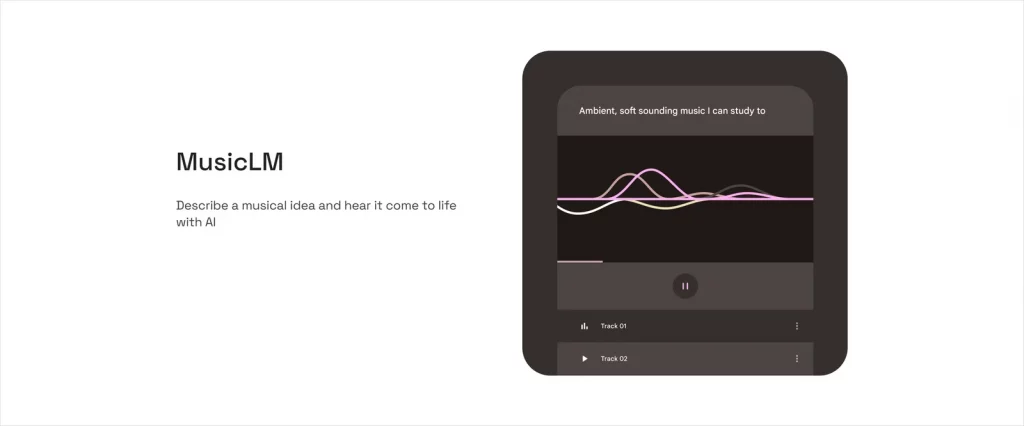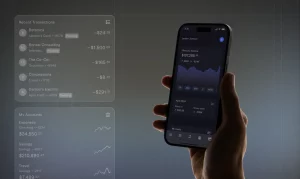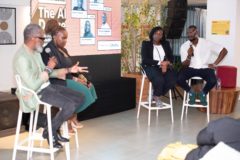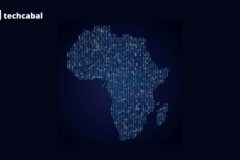Google’s AI music generator, MusicLM, is now available for public use. However, in order to access this innovative tool, users are required to join a waitlist. Also, the data generated by users while utilising the application will be used to further train the AI system.
Yesterday Google launched MusicLM, an AI-powered tool that can transform text descriptions into music, for public use. It should be noted, however, that this release is intended for training the AI model, and your usage of the application and feedback will be utilized to further refine it. The tool can be accessed through a waitlist.
As per Google’s press release, if you simply type in a phrase like “ambient, soft-sounding music I can study to,” MusicLM will generate two song versions for you to select from. Additionally, you can provide a more specific prompt, including the desired instrument and mood. The AI will produce two versions, for you to listen to them and choose your preferred one. Google plans to utilise user feedback to enhance the capabilities of this tool.

The tech giant previewed MusicLM in January and said that there were “no immediate plans” to release it for several reasons including its tendency to incorporate copyrighted material from training data into the generated songs.
Generative music has been raising concerns about copyright infringement for years as these AI music generators are trained on existing music to produce similar effects. This is the same for visual art generated by AI. Several artists whose work has been used to train AI systems without their knowledge or consent have filed lawsuits. Spotify reportedly removed thousands of AI-generated songs from startup Boomy over the past month following a complaint from multinational music corporation Universal Music Group.
Meanwhile, Google said in its blog post that it has been working with musicians like Dan Deacon and hosting workshops to “see how this technology can empower the creative process.” You can watch a GoogleLM artist at work here.





















